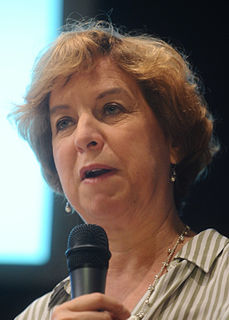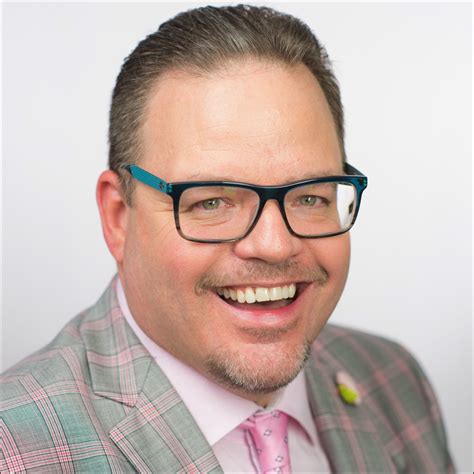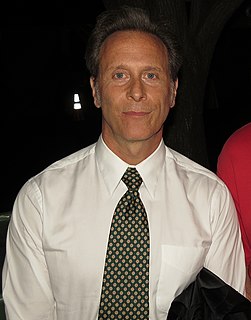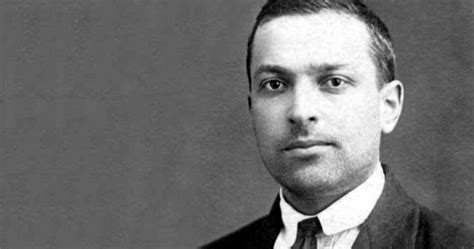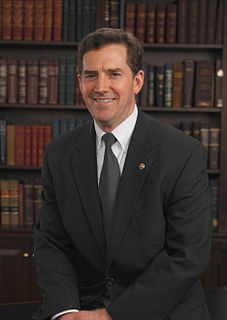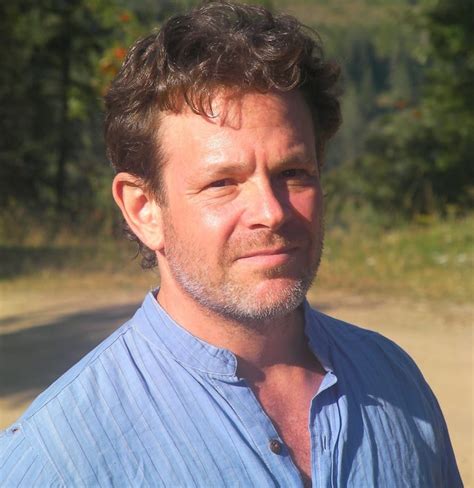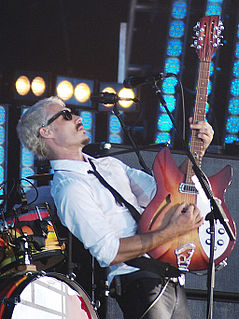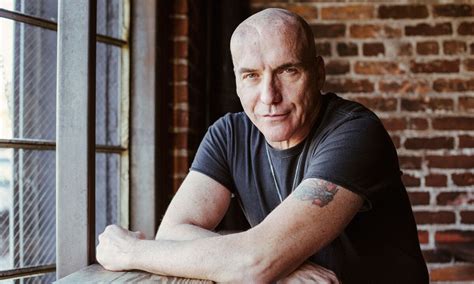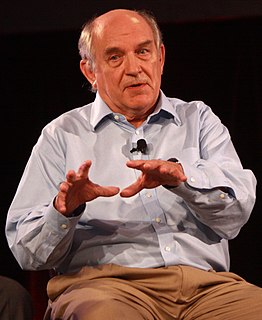Top 1200 Social Group Quotes & Sayings - Page 16
Explore popular Social Group quotes.
Last updated on April 22, 2025.
Collective insurance policies and social protections have given way to the forces of economic deregulation, the transformation of the welfare state into punitive workfare programs, the privatization of public goods and an appeal to individual accountability as a substitute for social responsibility.
Despite long-standing claims by elites that Blacks, women, Latinos, and other similarly derogated groups in the United States remain incapable of producing the type of interpretive, analytical thought that is labeled theory in the West, powerful knowledges of resistance that toppled former social structures of social inequality repudiate this view. Members of these groups do in fact theorize, and our critical social theory has been central to our political empowerment and search for justice.
Groups do not have experiences except insofar as all their members do. And there are no experiences... that all the members of a scientific community must share in the course of a [scientific] revolution. Revolutions should be described not in terms of group experience but in terms of the varied experiences of individual group members. Indeed, that variety itself turns out to play an essential role in the evolution of scientific knowledge.
As a teen-ager I played cards, shot craps, played pool, went to the track, hung around social clubs. I knew that some card and crap games were run by the mob, and some social clubs were mob social clubs. Even as a kid I knew guys that were here today, gone tomorrow, never seen again, and I knew what had happened.
Regarding social order, [Francis] Fukuyama writes, "The systematic study of how order, and thus social capital, can emerge in spontaneous and decentralized fashion is one of the most important intellectual developments of the late twentieth century." He correctly attributes the modern origins of this argument to F. A. Hayek, whose pioneering contributions to cognitive science, the study of cultural evolution, and the dynamics of social change put him in the forefront of the most creative scholars of the 20th century.
I think the Tata Group's greatest contribution to the growth of the Indian economy and Indian industry probably happened in the pre-independence era. The Group's investments in industries such as steel, textiles, power and hotels were certainly driven by an entrepreneurial spirit, but they were driven even more, I think, by a desire to make India self-sufficient and independent of its colonial masters then.
In the culture of America, in a free culture, you get what you celebrate. And in this culture, we have two obsessions, become a group that becomes a group that celebrates sports heroes and entertainment heroes. There's no room left for kids to see even a little bit of the opportunities to really, really get excited about becoming an inventor, an engineer, or a scientist, a problem solver.
Prior to the advent of the civilization of the Third Estate (mercantilism, capitalism), the social ethics that was religiously sanctioned in the West consisted in realizing one’s being and in achieving one’s own perfection within the fixed parameters that one’s individual nature and the group to which one belonged clearly defined. Economic activity, work, and profit were justified only in the measure in which they were necessary for sustenance and to ensure the dignity of an existence conformed to one’s own estate, without the lower instinct of self-interest or profit coming first.
Anarchism asserts the possibility of an organization without discipline, fear, or punishment, and without the pressure of poverty: a new social organism which will make an end to the terrible struggle for the means of existence, --the savage struggle which undermines the finest qualities in man, and ever widens the social abyss. In short, Anarchism strives towards a social organization which will establish well-being for all.
Institutional psychiatry is a continuation of the Inquisition. All that has really changed is the vocabulary and the social style. The vocabulary conforms to the intellectual expectations of our age: it is a pseudo-medical jargon that parodies the concepts of science. The social style conforms to the political expectations of our age: it is a pseudo-liberal social movement that parodies the ideals of freedom and rationality.
It seems that the increased number of scientific workers, their being split up into groups whose studies are limited to a small subject, and over-specialization have brought about a shrinking of intelligence. There is no doubt that the quality of any human group decreases when the number of the individuals composing this group increases beyond certain limits... The best way to increase the intelligence of scientists would be to decrease their number.
Your peer group are people with similar dreams, goals and worldviews. They are people who will push you in exchange for being pushed, who will raise the bar and tell you the truth. They're not in your business, but they're in your shoes. Finding a peer group and working with them, intentionally and on a regular schedule, might be the single biggest boost your career can experience.
Here's an easy one: "Race is an entirely social construct." No, it's partially one, depending on how any given society seeks to define it and its implications. But there are basic things such as skin color and hair texture. Even a Martian who'd had no exposure to human "social constructs" would be able to spot those differences. But no Martian, as hard as he tried, could point at a "culture" or to "equality." Those are the social constructs. Those can't be measured in the same way as human DNA.
We must remember that intelligence is not enough. Intelligence plus character--that is the goal of true education. The complete education gives one not only power of concentration, but worthy objectives upon which to concentrate. The broad education will, therefore, transmit to one not only the accumulated knowledge of the race but also the accumulated experience of social living. If we are not careful, our colleges will produce a group of close-minded, unscientific, illogical propagandists, consumed with immoral acts. Be careful, brethren! Be careful, teachers!
I think the other side of this is in this balance between the social state and the punishing state, remember, the social state has been decimated. And the question becomes, how is finance capital, how does the 1 percent now resort to governing? And they govern basically through a form of lawlessness and what I call the punishing state, in which we've had a punishment creep, and now it moves from the prison to almost every institution in society, from airports to schools to social services.
The core of Animal House was about prejudice, about equality, and about inclusion/exclusion. It was about a group of people who were together and anything went. Anybody who wanted in could get it in. Then there was that other group that nobody could get in, unless they were white, and just alike. It was very representative of the culture in the '60s, '50s, and '40s in America.
While our heart for social justice grows out from the gospel, social justice by itself will not communicate the gospel. We need gospel proclamation, for as much as people may see our good deeds, they cannot hear the good news unless we tell them. Social justice, though valuable as an expression of Christian love, should, especially as a churchwide endeavor, serve the goal of gospel proclamation.
It is not possible in this culture today to hold up to public pillory and ridicule any group - whether blacks, American Indians, women, homosexuals, Poles, or any of a number of other groups that have been discriminated against in the past. However, the one group you can hold up to public mockery and pillory without fear of reprisal is evangelical Christians.
The government can back up its tastes and beliefs with the police power. That is why it cannot be permitted tastes and beliefs. Most emphatically, it cannot be permitted to define one group as being privileged over another group of people. It was wrong in the days of Jim Crow; it is wrong in the days of affirmative action.
